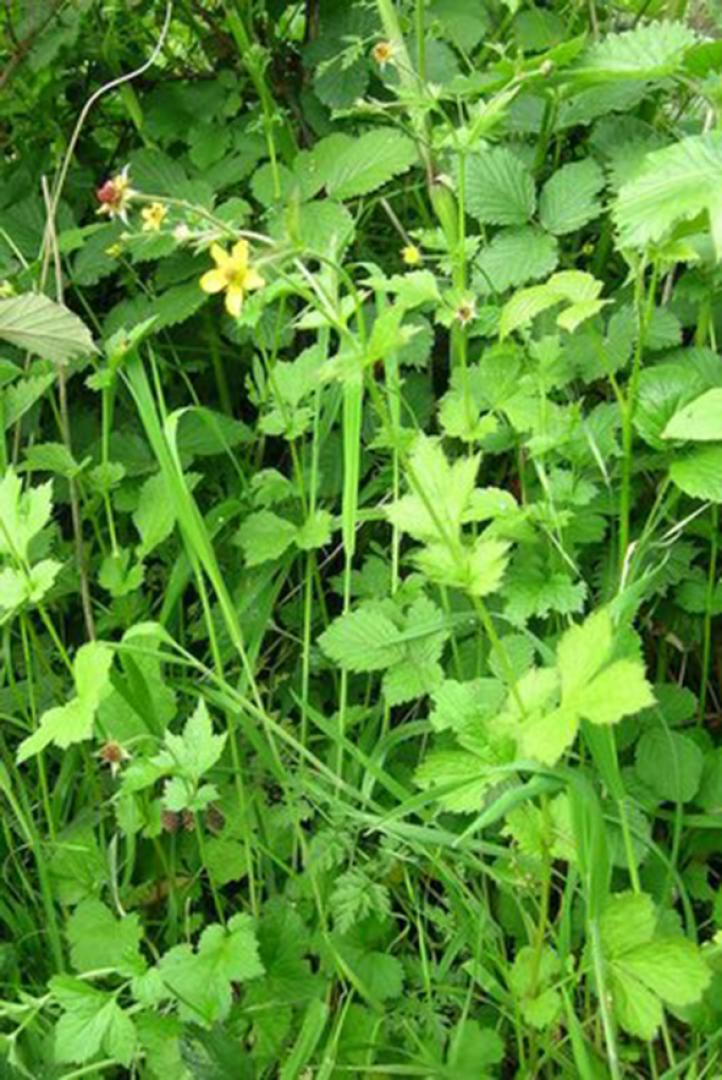Flora and fauna by Dr Richard Warren
Avens: Geum urbanum and Geum rivale
THESE two respectable species, wood avens and water avens have as, their names suggest, distinct habitat preferences, although why wood avens would have a name pertaining to cities – urbanum – is a mystery.
The name avens itself seems to be obscure. The nearest definition is that it is derived from the Latin avencia which may have something to do with clover or, more likely, to the scent of cloves which the roots produce when bruised.
Wood avens, also known as herb bennet, is a medium-sized plant with pretty yellow flowers, and the name herb bennet is a corruption of the Latin herbe benedicta which means “blessed herb” because of its many uses, medicinal and other.
Water avens, found lurking rather secretively along rivers and in dark places, is a rarer but more glamorous plant with larger, cup-shaped, nodding flowers, flushed with orange and purple hues.
Both these plants use furry animals to distribute their seeds. If you look closely you may make out tiny hooks at the tips.
It is these which drag the small lozenge-shaped seeds in groups on to your dog’s fur to look like a nasty infestation of oval green bugs. Brush the dog outside and there they will be, growing in your own garden.
It was human interference that resulted in a hybrid between these two species. Destroying wood avens’ natural habitat by cutting down woodland resulted in the two species meeting and producing a hybrid called Geum x intermedium.
This has variable flowers with none of the redeeming features of either parent.
However, it has been enormously successful as a garden weed, particularly in recent times. You may decide to weed carefully around your favourite Geum Mrs Bradshaw, only to find that the leaves you thought belonged to your gem, were, though identical, those of the dull, invasive hybrid.
By the same token, wood avens were introduced into North America where they found a mate in a Canadian Geum species and again produced an invasive hybrid.
Herb bennet has many virtues according to the herbalists. Roots, fresh or dry and powdered, produce a sweet clove-scented tincture when boiled in wine (although the virtues of wine itself are probably lost).
This mixture “expels crude and raw humours from the belly and stomach…dissolves congealed blood” and is yet another preventative against the plague.
Dr Richard Warren is a botanist from Barnard Castle






